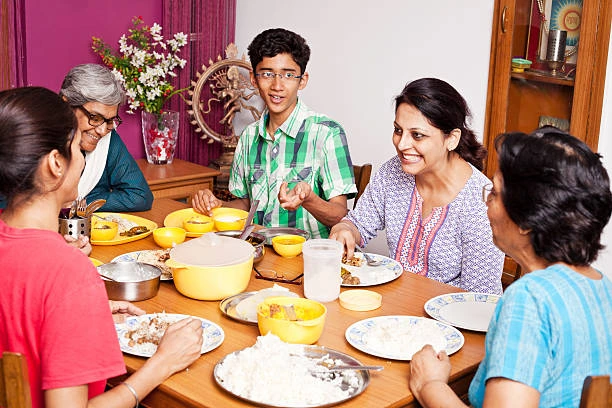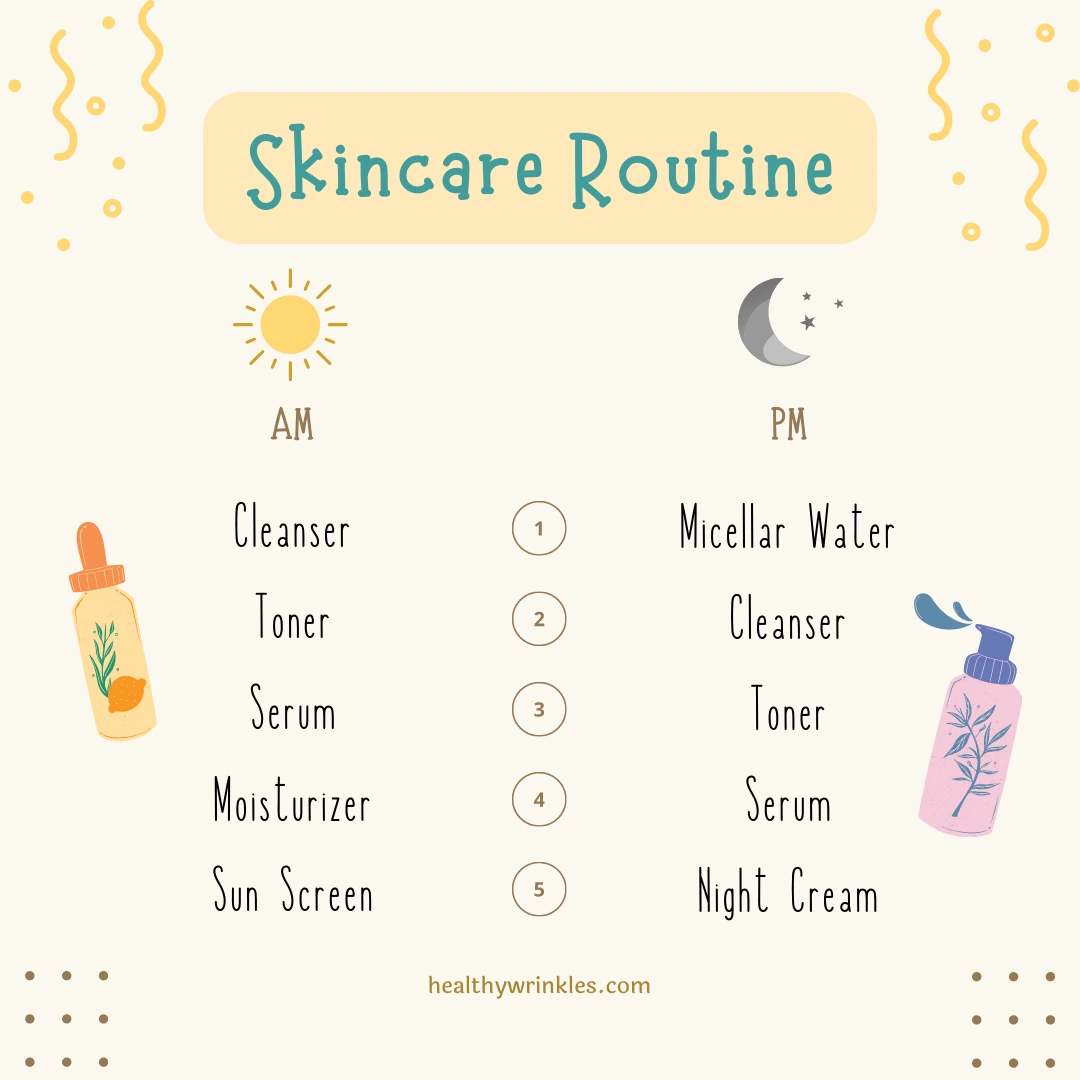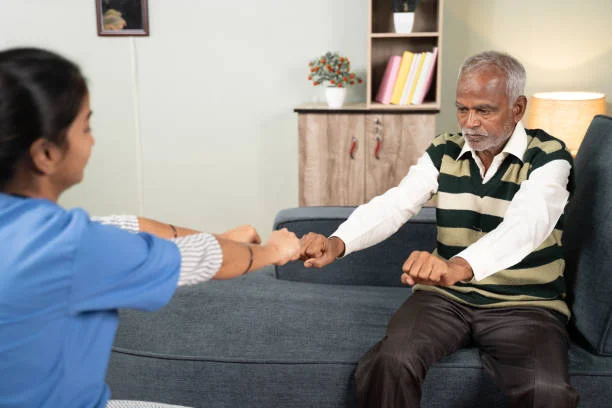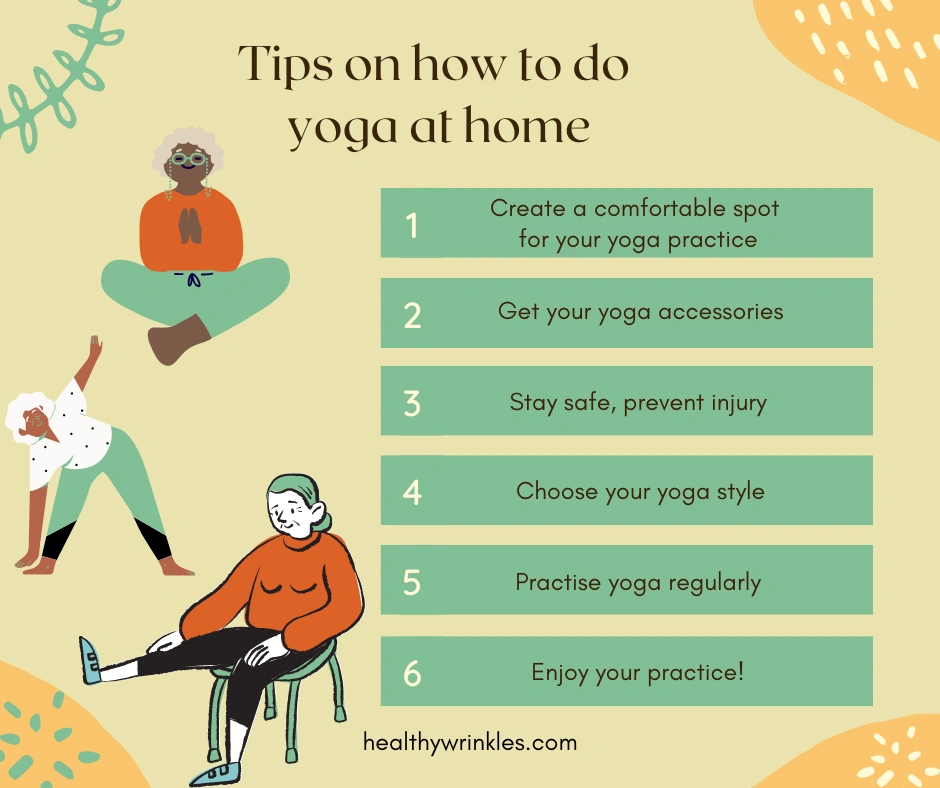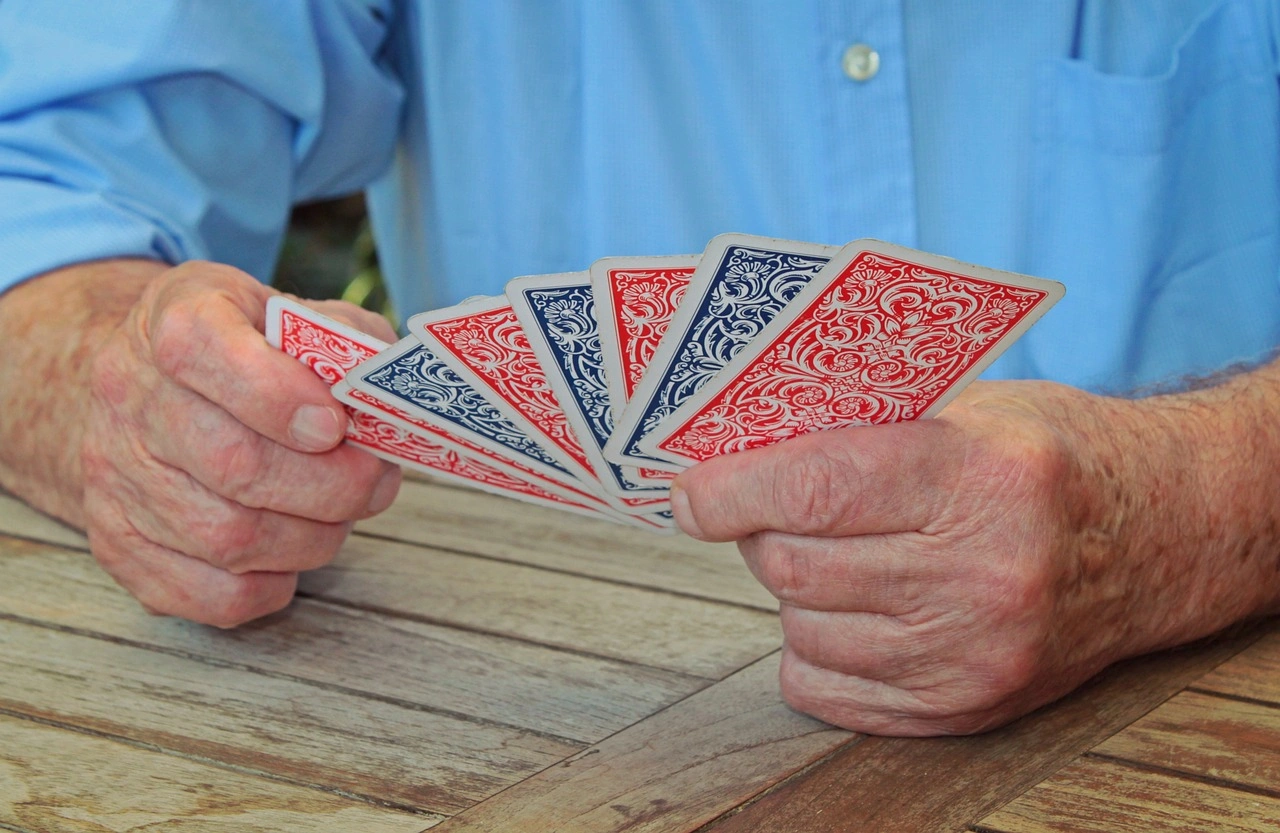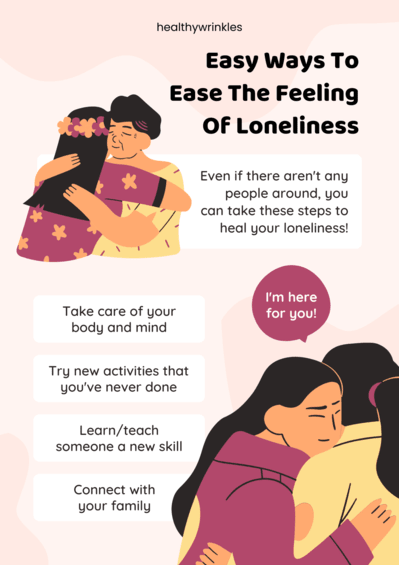Chronic Loneliness in the Elderly Tips on How to Help your loved ones
26-09-24
Chronic loneliness refers to the loneliness that lasts for an extended period of time. Loneliness describes the negative feelings that can arise when your social connection needs are unmet. It's natural to want to spend time alone on occasion. In fact, spending time alone may help you relax and recharge. People's needs for alone time vary, so you may require more than someone else to feel your best. Mental health is more important in the older days and its awareness helps in maintaining good overall health as we age.
Continue reading to learn more about possible ways to increase your social connections and alleviate feelings of loneliness.
Tips for Overcoming Senior Loneliness
Image
Loneliness can have severe consequences for both physical and mental health in seniors. If you are concerned about your elderly parents or another loved one, take action. There are numerous simple things that can be done to combat senior loneliness; all it takes is one person to get things started.
Here are eight suggestions to assist a loved one in overcoming loneliness:
Spend some time listening. Listening is sometimes the best thing you can do for someone. Engage in active conversation with your loved one, asking questions and encouraging them to express themselves. It may not come easily at first, but your eagerness to learn will pay dividends.
Begin a new hobby. The best way to keep your brain young is to learn something new. Encourage your loved one to pick up a new hobby as a way to stay active and meet new people. Suggest that they join a book club, start a knitting circle, or visit the local community center for weekly activities.
Fill the gap. Connecting your loved one with younger relatives is one of the best opportunities. Spending time with older family members can teach grandchildren, nieces, and nephews a lot, and it can help your loved one feel younger and more included in family activities.
Attend a class or a seminar. Encourage your loved one to enroll in a class or seminar to get out of the house and meet new people if they are still mobile.
Teach someone a new skill. Ask your loved one to teach you something based on what you've learned from listening to them. Even if all they can offer is wisdom and helpful advice, it will help them find meaning in their lives and restore some of the child-parent dynamic that can be lost when children begin caring for their aging parents.
Give something back. Volunteering offers both physical and mental benefits to lonely seniors. Volunteering, in addition to encouraging physical activity, keeps the brain active.
Get a pet. Having a pet can cause chemical reactions in the brain that lower cortisol and increase serotonin production. Having a pet around will also make the house feel less empty.
Aging is a fact of life that no one can avoid. There will always be opportunities to meet new people and stay in touch with family and friends; it is simply a matter of making them happen.




